
.webp)
Children with ADHD often struggle with focus, high energy levels, and emotional regulation, and these challenges can often feel overwhelming for parents and caregivers alike. While medication and psychotherapy are often part of a treatment plan, many families are also turning to yoga for ADHD as a holistic, supportive solution. Rooted in mindfulness and gentle movement, yoga provides practical tools to enhance attention, reduce impulsivity, and promote emotional balance.
Continue reading to discover the science-backed benefits of yoga for kids with ADHD, ten engaging poses to boost focus and relaxation, and learn how to adapt practices for different age groups. Whether you're a parent, teacher, or therapist, these expert-approved strategies can help your child thrive—both on and off the mat.
Attention Deficit Hyperactivity Disorder (ADHD) is a common neurodevelopmental condition that can affect children and adults alike. While there’s no single known cause of ADHD, it is believed to stem from a mix of genetic, neurological, and environmental factors. It typically becomes noticeable in early childhood and is usually diagnosed by age 7.
Symptoms in children may include:
It’s important to remember that ADHD is not a reflection of intelligence or effort. Many children with ADHD are exceptionally bright and creative—they simply need the right support to channel their energy and attention productively. Yoga for ADHD is one such tool that can help develop focus and emotional control and effectively manage the symptoms of ADHD in children.
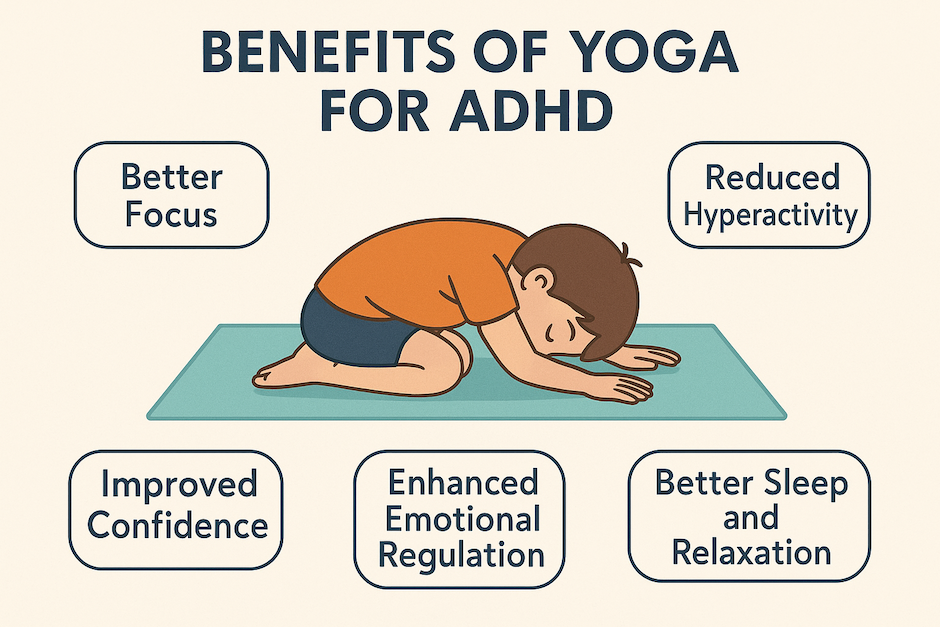
[inline-CTA-1]
Research suggests that yoga can be a powerful tool to complement ADHD treatment. It offers a natural way to support children with ADHD, helping them improve focus, regulate emotions, and reduce anxiety. Key benefits include:
Yoga’s blend of physical movement and inner stillness supports both brain and body, making it especially valuable for ADHD management. Over time, consistent practice helps children feel more in control of their bodies, minds, and emotions.
Here are 10 effective yoga poses that support focus, calmness, and body awareness in children with ADHD. Each pose is beginner-friendly and can be modified for age and ability:
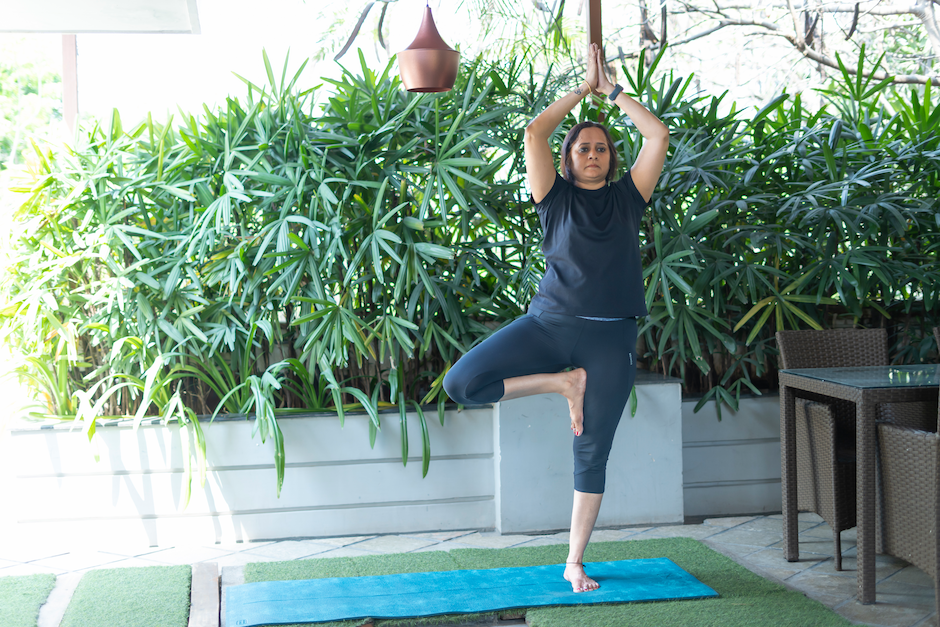
Improves balance and concentration while teaching children how to center their attention.
Modifications:
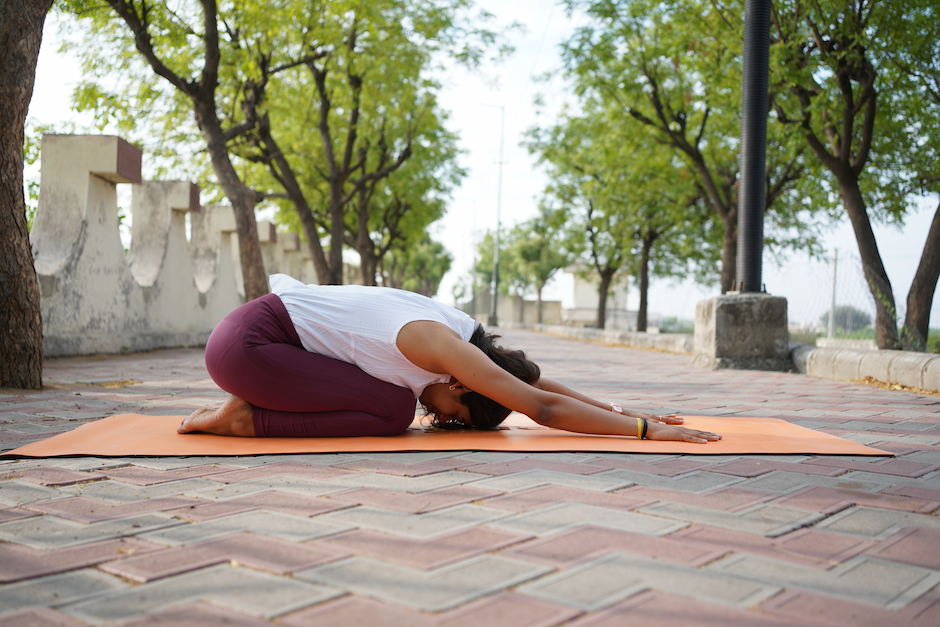
Calms the nervous system and provides a safe, soothing posture for emotional grounding.
Modifications:
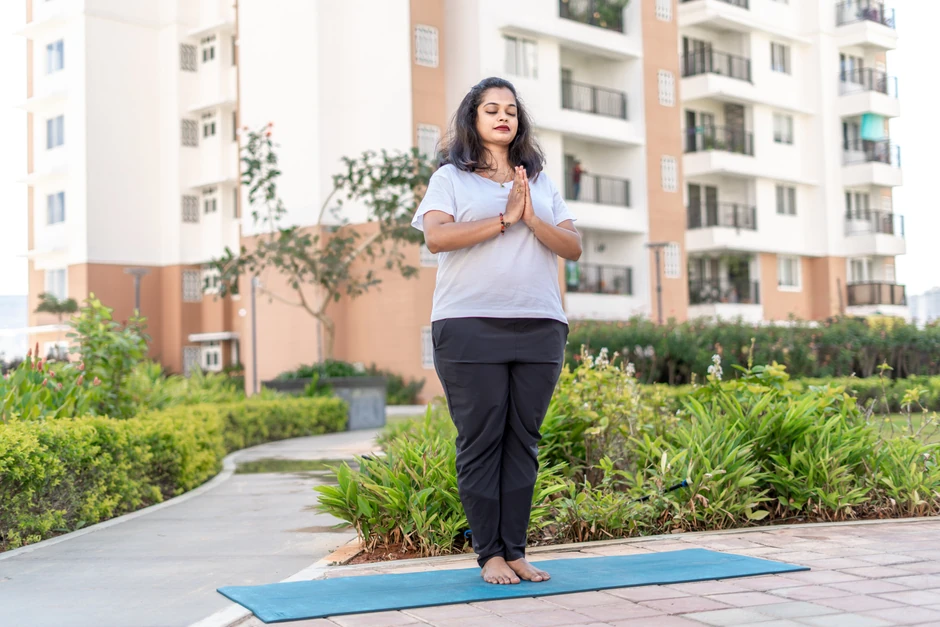
Promotes body awareness and stillness, ideal for building attention and mindfulness.
Modifications:
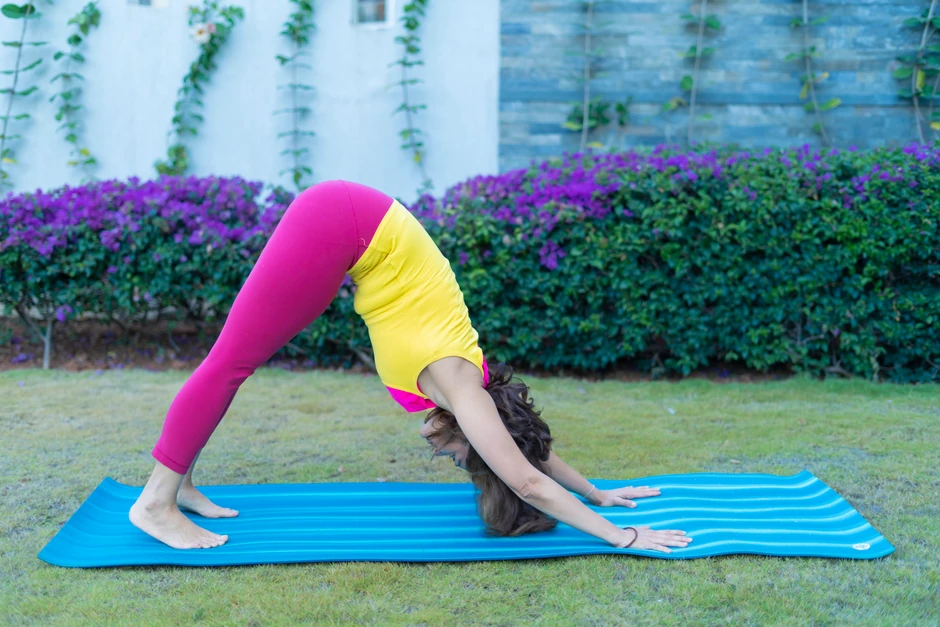
Releases excess energy and boosts blood flow to the brain for enhanced alertness.
Modifications:
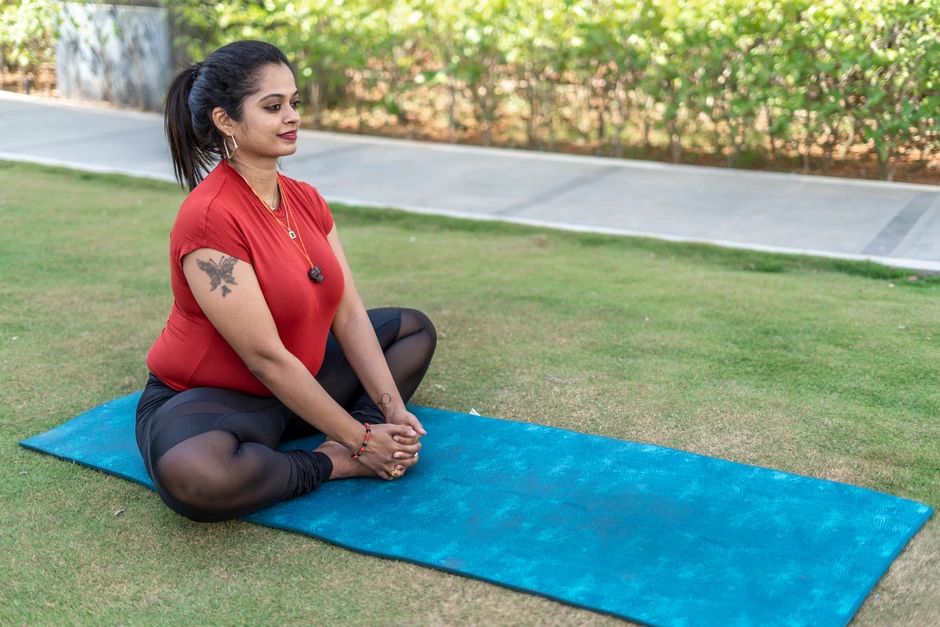
Encourages mindfulness and opens the hips—great for releasing tension.
Modifications:
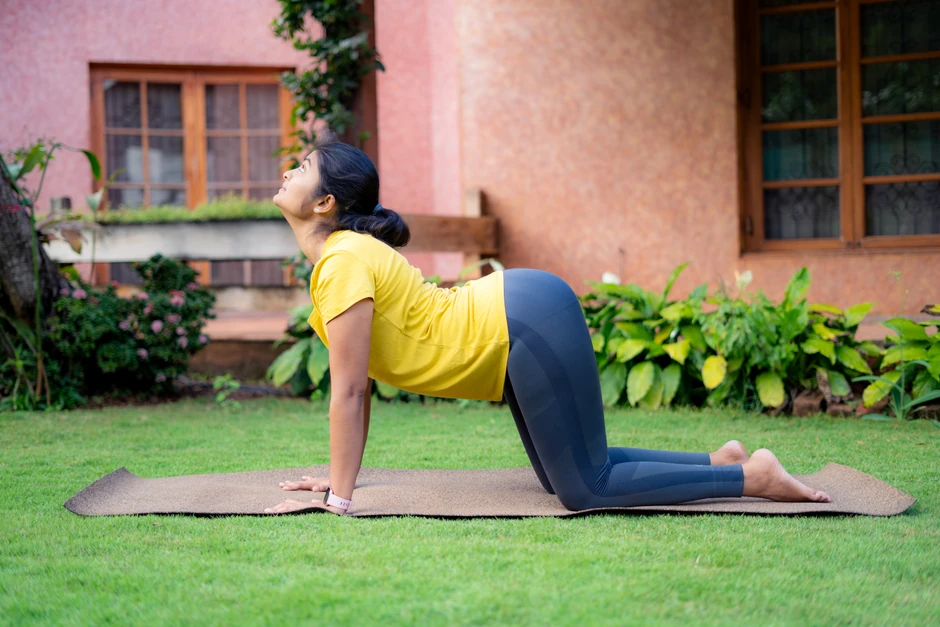
Improves motor coordination and provides a soothing rhythm for calming restless energy.
Modifications:
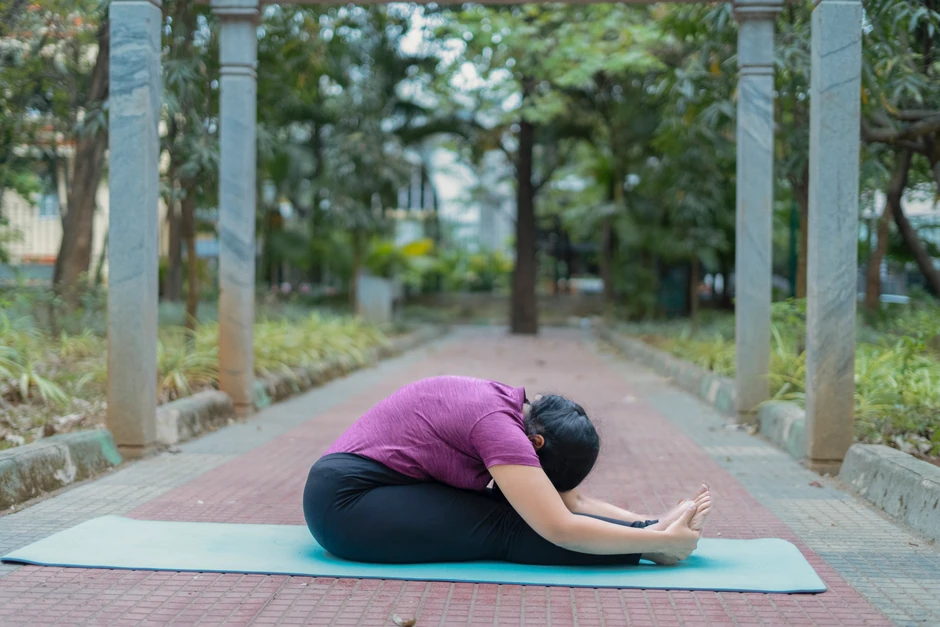
Encourages introspection and soothes the mind, reducing overstimulation.
Modifications:
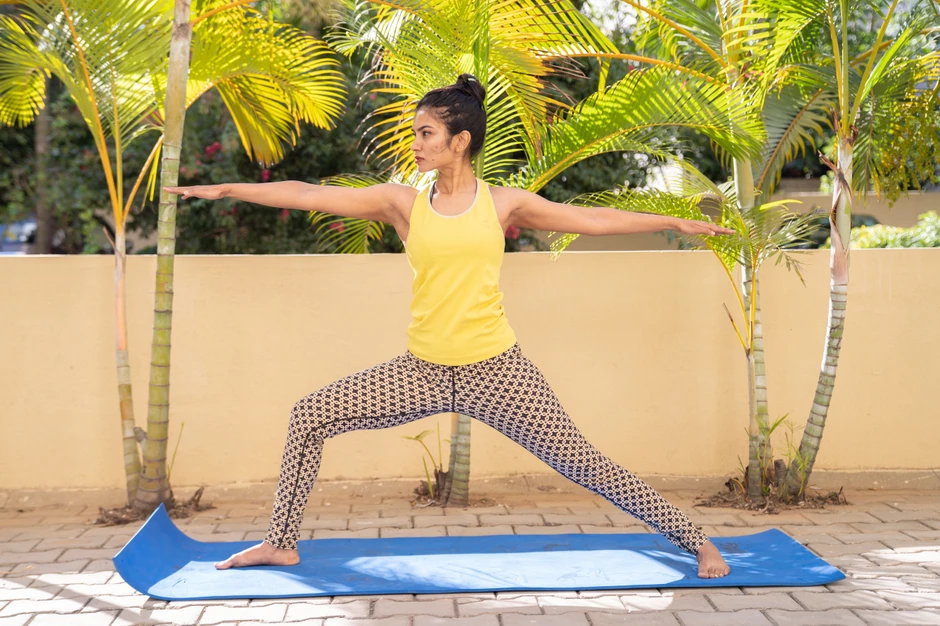
Builds strength and self-confidence while enhancing body awareness.
Modifications:
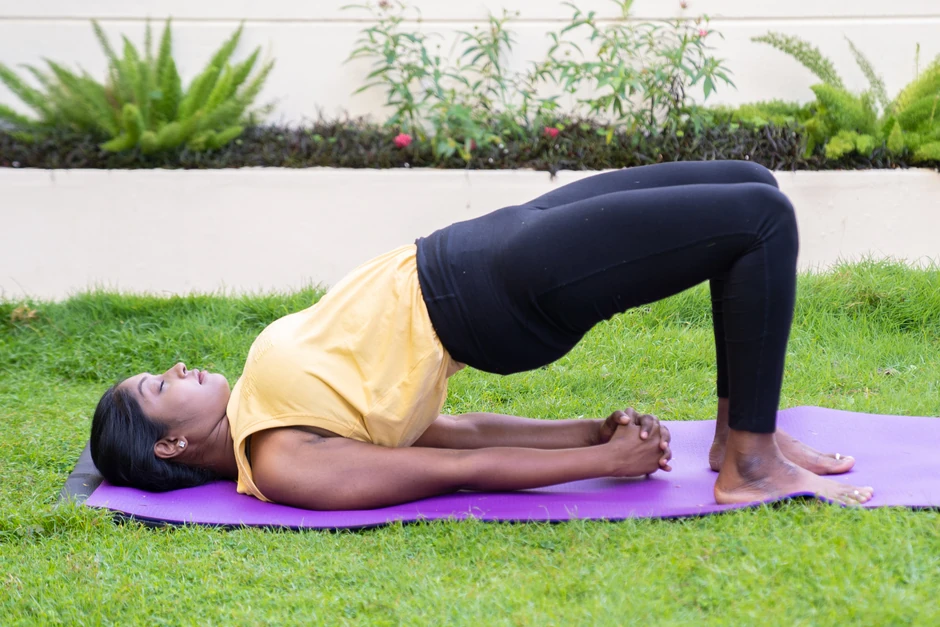
Eases anxiety and tension while gently stimulating the nervous system.
Modifications:
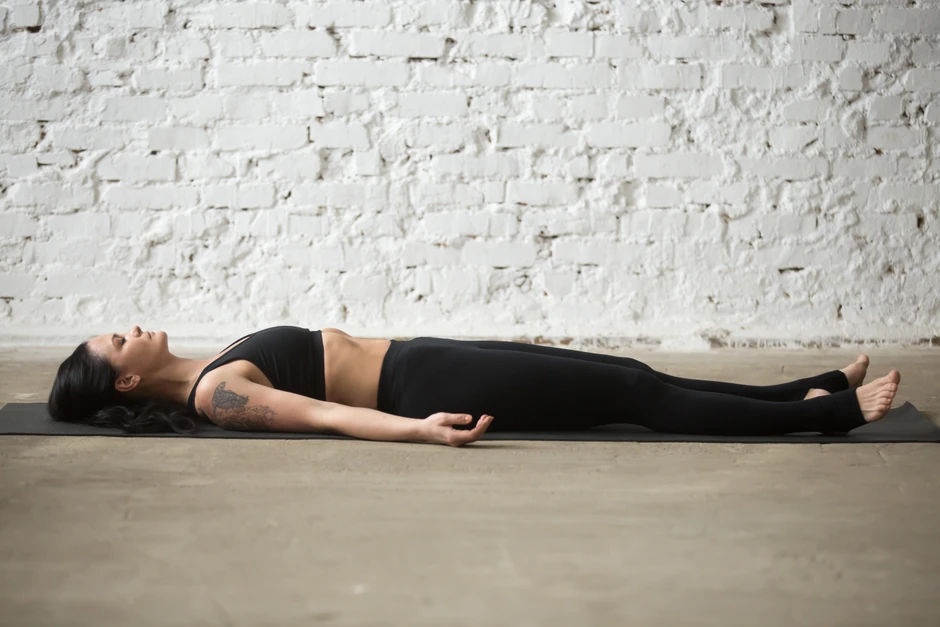
Promotes deep relaxation and helps integrate the calming effects of the practice.
Modifications:
Children with ADHD benefit most from yoga when the practice is matched to their developmental stage. Here’s how to adapt yoga sessions to meet the needs of different age groups:
By tailoring yoga to a child’s age, caregivers can better support their focus, emotional health, and engagement.
[inline-CTA-2]
Not all yoga styles are ideal for children with ADHD. Some practices may be too intense or structured, while others can offer the calming and focus-building benefits that children with ADHD need. Based on expert recommendations and real-world practice, here are the best types of yoga for ADHD:
Yoga can be a powerful self-regulation tool for children with ADHD when it's practiced with the right structure, environment, and expectations. Here are expert-approved strategies to make each session safe, effective, and engaging:
Raising a child with ADHD comes with unique challenges—but also unique opportunities to explore holistic, empowering solutions. Yoga offers a simple, supportive, and effective way to help your child improve focus, manage energy, and build emotional resilience.
Whether you're just starting out or looking to deepen your child’s practice, remember: the goal isn’t perfection, but progress. Even short, playful sessions can have a big impact over time.
At MyYogaTeacher, our certified instructors specialize in working with children with ADHD. They provide personalized guidance to ensure each child feels seen, supported, and successful. Book a session and help your child harness the benefits of yoga!
Traditional ADHD treatments like medication and behavioral therapy are designed to directly reduce symptoms such as hyperactivity, impulsivity, and inattention. These can be highly effective, but may come with side effects or may not address every child’s unique emotional and physical needs.
Yoga, on the other hand, is a holistic practice that supports long-term self-regulation through physical movement, breath control, and mindfulness. It teaches children to slow down, build body awareness, and manage emotions—all of which are essential for thriving with ADHD.
However, the most effective approach often blends both medical and holistic strategies, like yoga, tailored to each child’s needs.
Yes, yoga can be highly beneficial for children with ADHD. While it’s not a replacement for medication or behavioral therapy, research shows that it helps children improve focus, reduce impulsivity, and manage emotions through movement, breathing, and mindfulness. Most children may start to experience noticeable improvements in focus and behavior within 6–8 weeks of consistent practice, especially when sessions are adapted to their needs and age group.
For personalized yoga sessions with an expert coach, start your free trial today!
Yoga helps children with ADHD by improving focus, reducing hyperactivity, and enhancing self-regulation. The combination of physical poses, breathing exercises, and mindfulness strengthens attention span while calming the nervous system.
The best yoga poses for ADHD include:
Children with ADHD should practice yoga 3–4 times per week for 15–20 minutes per session. Daily practice is ideal, but even shorter sessions (5–10 minutes) can be effective. Consistency is more important than duration.
No. Yoga is not a replacement for medication, but can be an excellent complementary practice. It helps children develop focus, calmness, and emotional control, often enhancing the effectiveness of other treatments.

Receive personalized guidance tailored to your unique fitness goals, live with a dedicated coach—no credit card required.